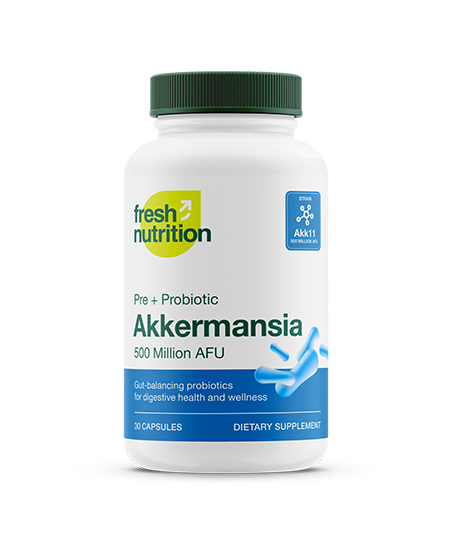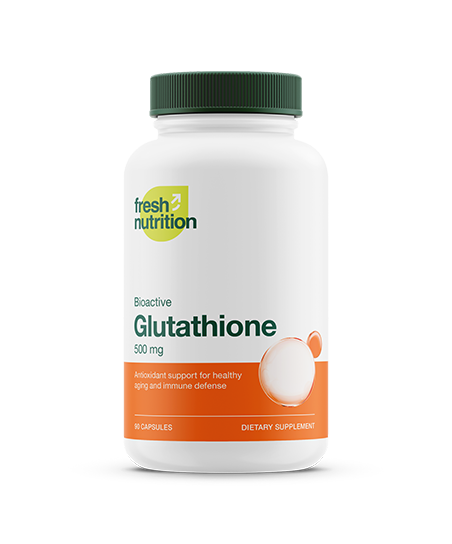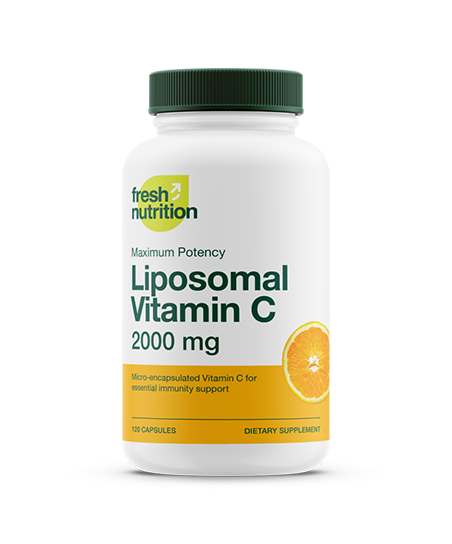Anti-Stress Effects of Lemon Balm-Containing Foods
Lemon balm (Melissa officinalis) is a cultivated perennial lemon scented herb. Records concerning its medicinal use date back over 2000 years, including a recommendation by Paracelsus (1493–1541) that lemon balm would completely revivify a man and should be used for “all complaints supposed to proceed from a disordered state of the nervous system”. Several herbal apothecaries have attributed the plant with general beneficial effects upon the brain including specific improvements to memory.
More recently research attention has turned to the bioactive properties of M. officinalis, including its central nervous system effects. Regarding its neurocognitive effects, cholinergic nicotinic and muscarinic receptor binding in human brain homogenates varied considerably across strains of M. officinalis. An extract with negligible cholinergic receptor binding produced, in humans, behavioural results consistent with its long traditional use as a mild sedative/anxiolytic but did not enhance memory. Conversely an extract screened for high muscarinic and nicotinic binding in human brain tissue had the same calming effects but also improved memory performance. This suggests that, in the case of M. officinalis, the robust calming/anxiolytic effects of the plant may be dependent on an, as yet unidentified, non-cholinergic mechanism. An overview of these studies can be found in the review by Kennedy and Scholey.
In the case of cholinergic receptor binding alone, whilst muscarinic and nicotinic binding have been demonstrated, it is unclear whether this occurs at receptor sub-types with known effects on cognition, such as the muscarinic M1, M2 and M4 receptors, and nicotinic α4β2 and α7 receptors. The mood/anxiolytic effects of lemon balm may be attributable to known interactions with GABA-A receptors.
To date studies into the psychogenic effects of M. officinalis have been limited to the use of extracts administered in capsules, coated pills or applied topically. One obvious next step in such studies is to evaluate the effects of bioactive nutrients delivered in real foodstuffs as these more palatable delivery systems may increase compliance if M. officinalis were to be used in a health context. Here we report two studies into the anti-stress and cognitive effects of M. officinalis delivered in a beverage and in a yoghurt drink. The beverage was an ice-tea link water based beverage with similar bioavailability to a capsule formulation, as the extract is water soluble. The second study used a more complex food matrix, an emulsion, in a drinkable yoghurt.
In order to formulate a product which could be compared with placebo, without compromising nutritional value, a natural fruit sweetener was used. Thus as well as lemon balm, the products contained the natural fruit sweetener, Fruit Up®. Its complex carbohydrate composition provides a low glycaemic index of 39 ± 7. Fruit Up® has no flavour itself but is characterized by a natural sweet sensation in the final product. The main carbohydrates in Fruit Up® are glucose, fructose, sucrose and naturally occurring polyols. It is also known that carbohydrates and glucose can improve cognitive function. In the case of glucose this may be due to the provision of additional metabolic resources to central processes underpinning cognitive performance. It has also been shown that lower glycaemic index foods can improve cognitive function, thus a low GI food containing lemon balm may afford further benefits to cognition.




